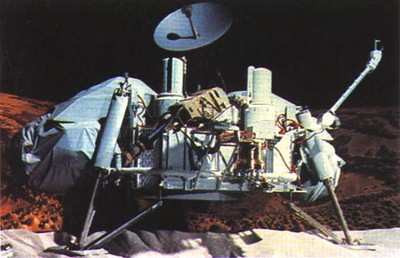Tue, Jan 09, 2007
Advertisement
More News
 NTSB Final Report: Cozy Cub
NTSB Final Report: Cozy Cub
Witness Reported The Airplane Was Flying Low And Was In A Left Bank When It Struck The Power Line Analysis: The pilot was on final approach to land when the airplane collided with >[...]
 ANN FAQ: Contributing To Aero-TV
ANN FAQ: Contributing To Aero-TV
How To Get A Story On Aero-TV News/Feature Programming How do I submit a story idea or lead to Aero-TV? If you would like to submit a story idea or lead, please contact Jim Campbel>[...]
 Classic Aero-TV: Seated On The Edge Of Forever -- A PPC's Bird's Eye View
Classic Aero-TV: Seated On The Edge Of Forever -- A PPC's Bird's Eye View
From 2012 (YouTube Edition): A Segment Of The Sport Aviation World That Truly Lives "Low And Slow" Pity the life of ANN's Chief videographer, Nathan Cremisino... shoot the most exc>[...]
 ANN's Daily Aero-Linx (04.29.25)
ANN's Daily Aero-Linx (04.29.25)
Aero Linx: International Business Aviation Council (IBAC) IBAC promotes the growth of business aviation, benefiting all sectors of its industry and in all regions of the world. As >[...]
 ANN's Daily Aero-Term (04.29.25): Execute Missed Approach
ANN's Daily Aero-Term (04.29.25): Execute Missed Approach
Execute Missed Approach Instructions issued to a pilot making an instrument approach which means continue inbound to the missed approach point and execute the missed approach proce>[...]
blog comments powered by Disqus





